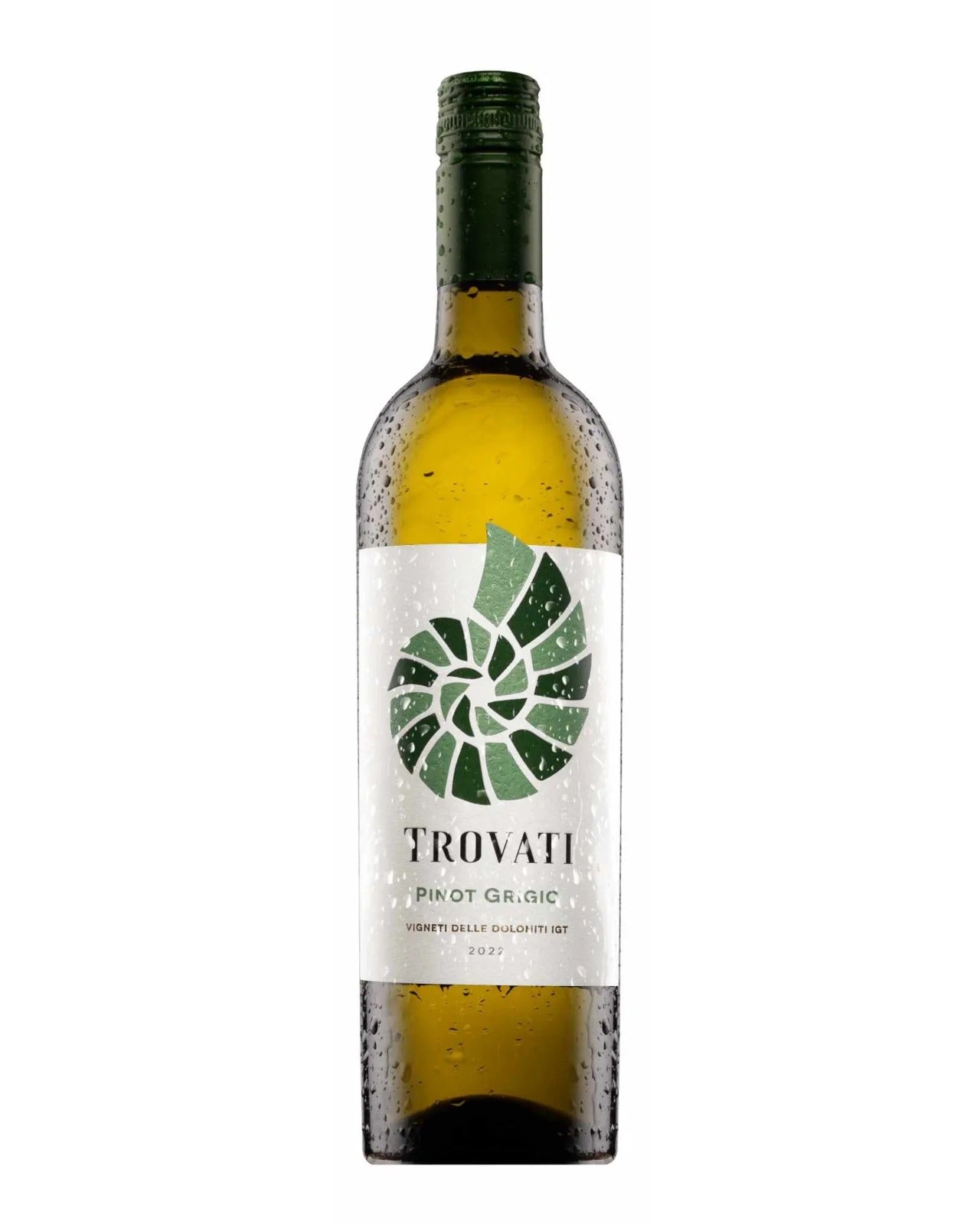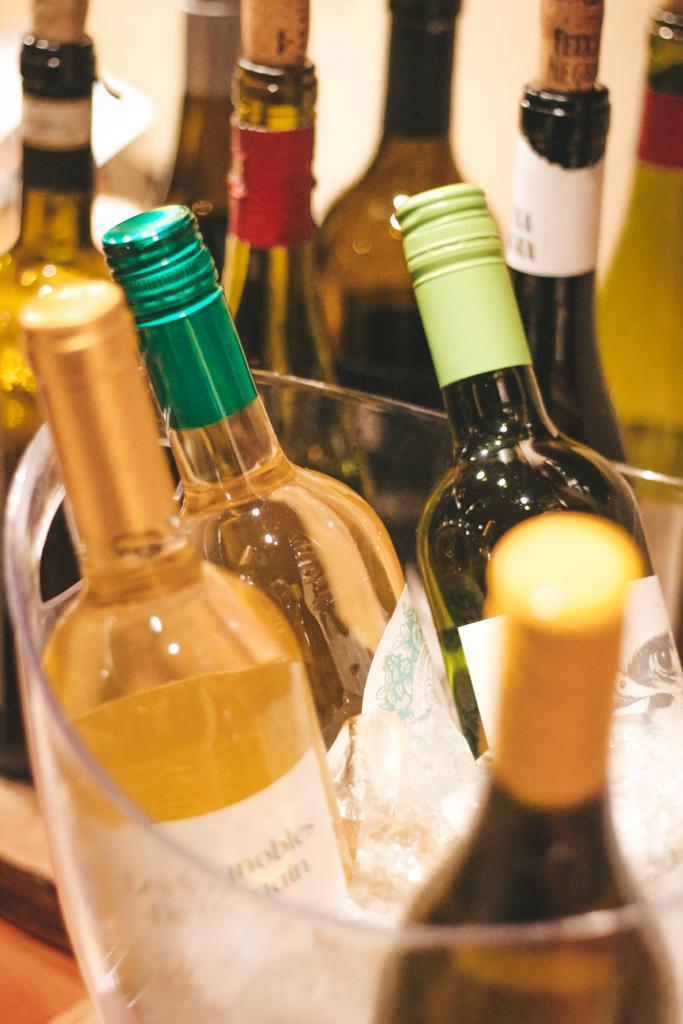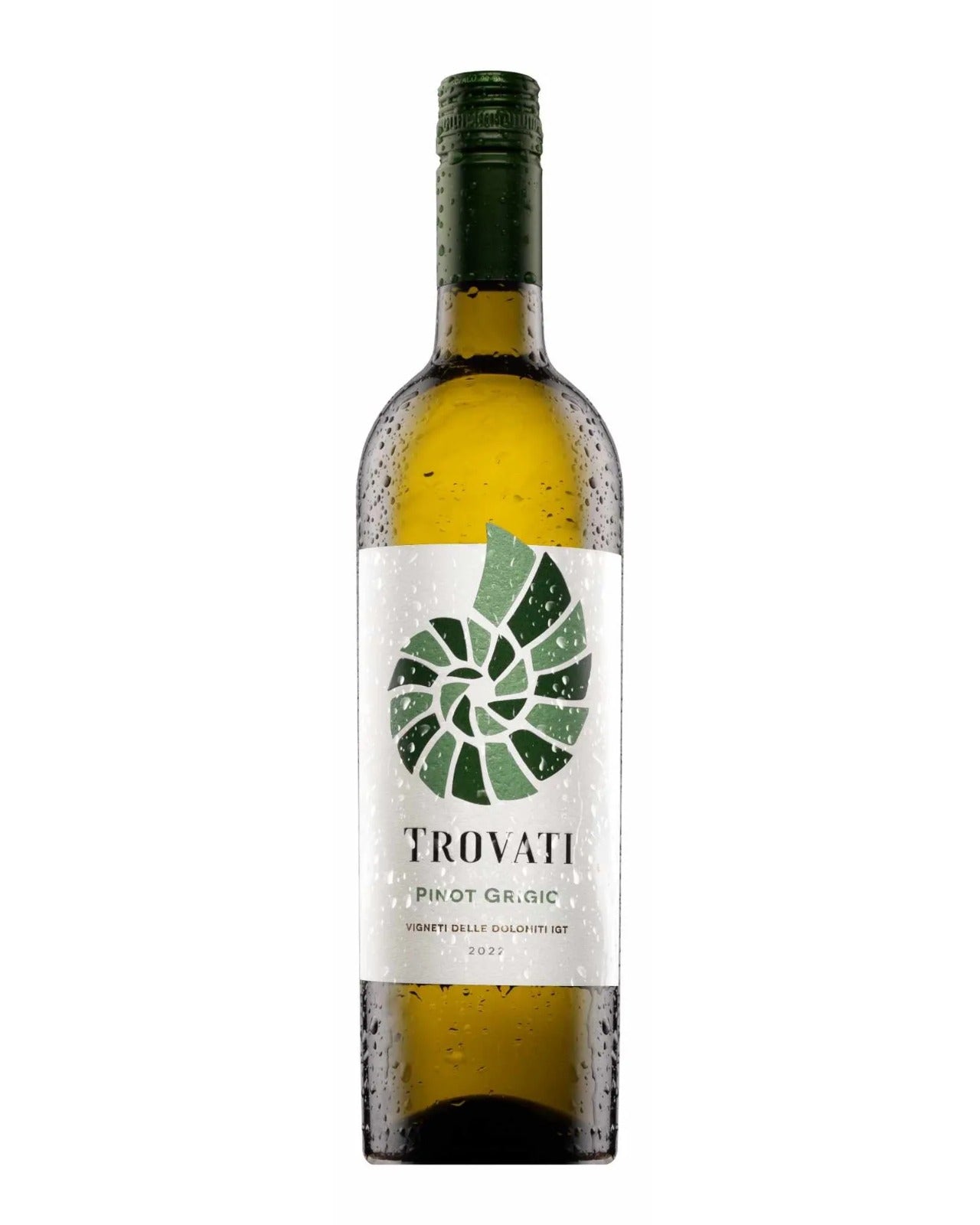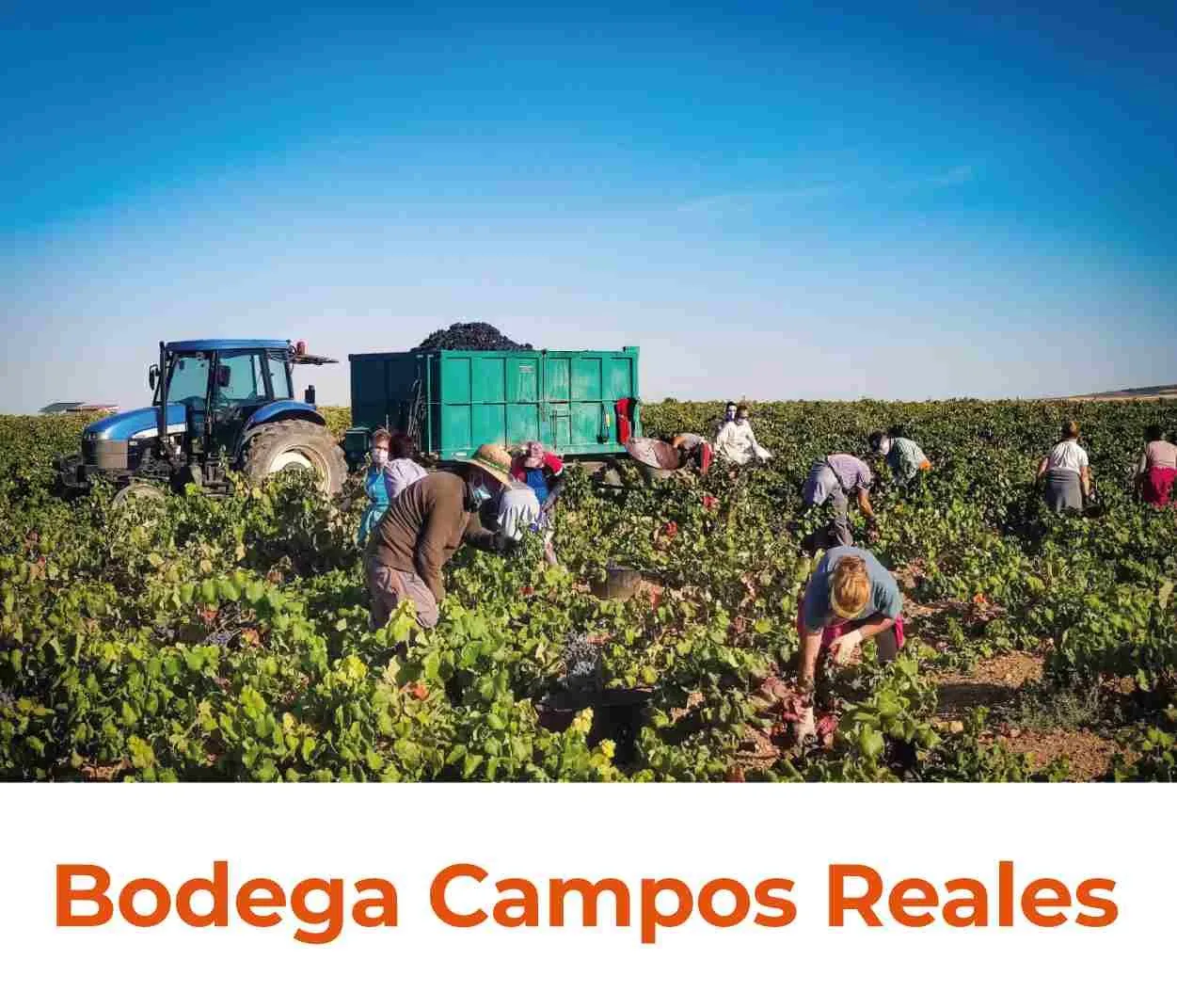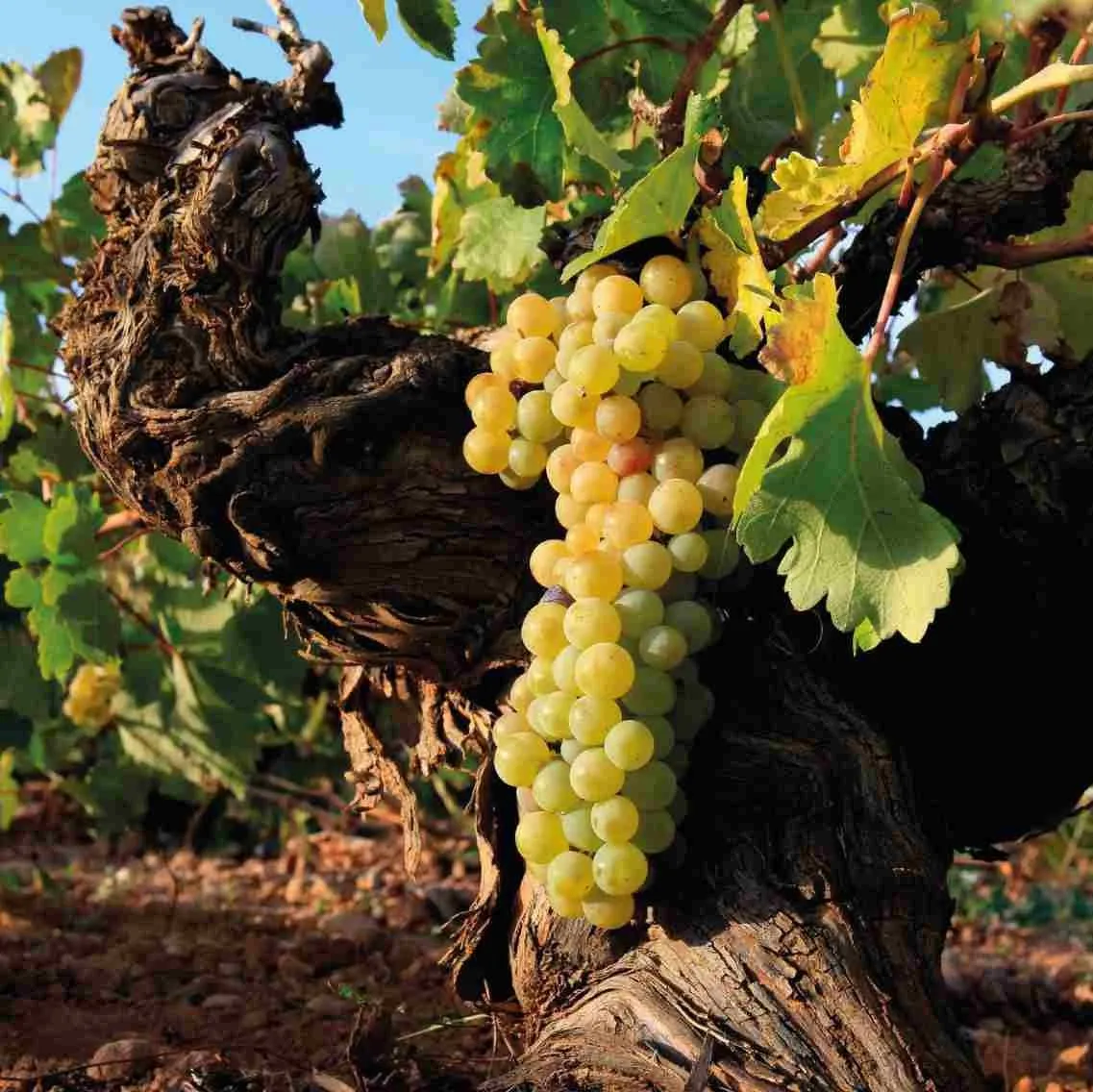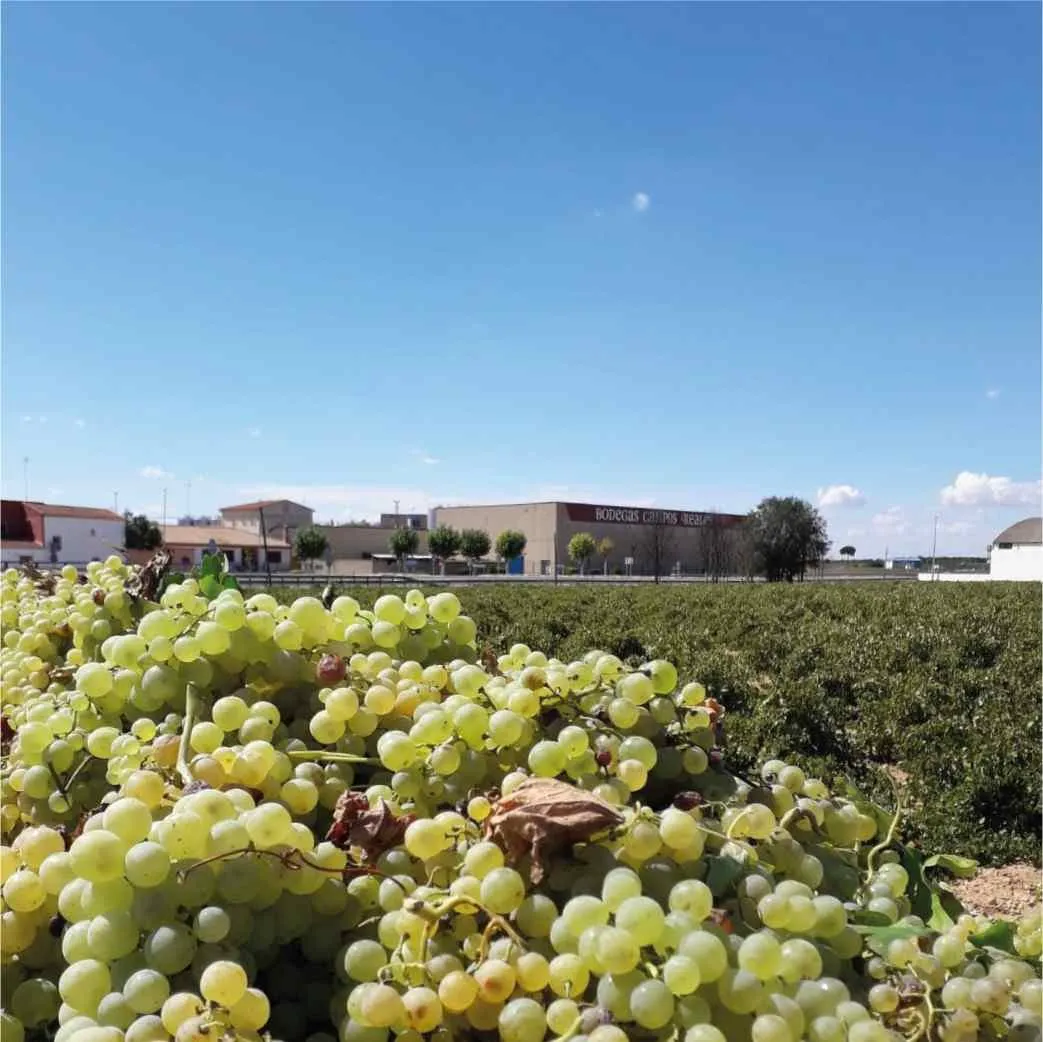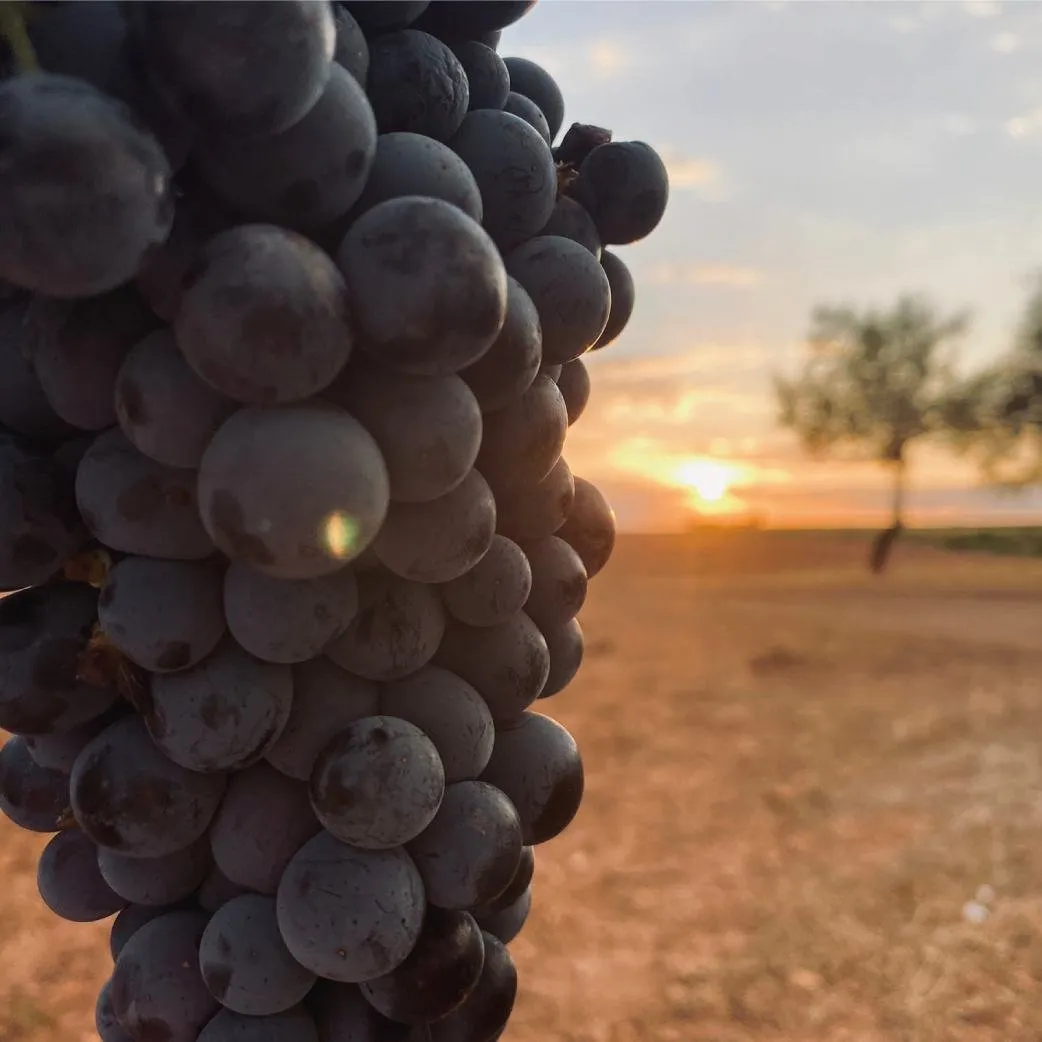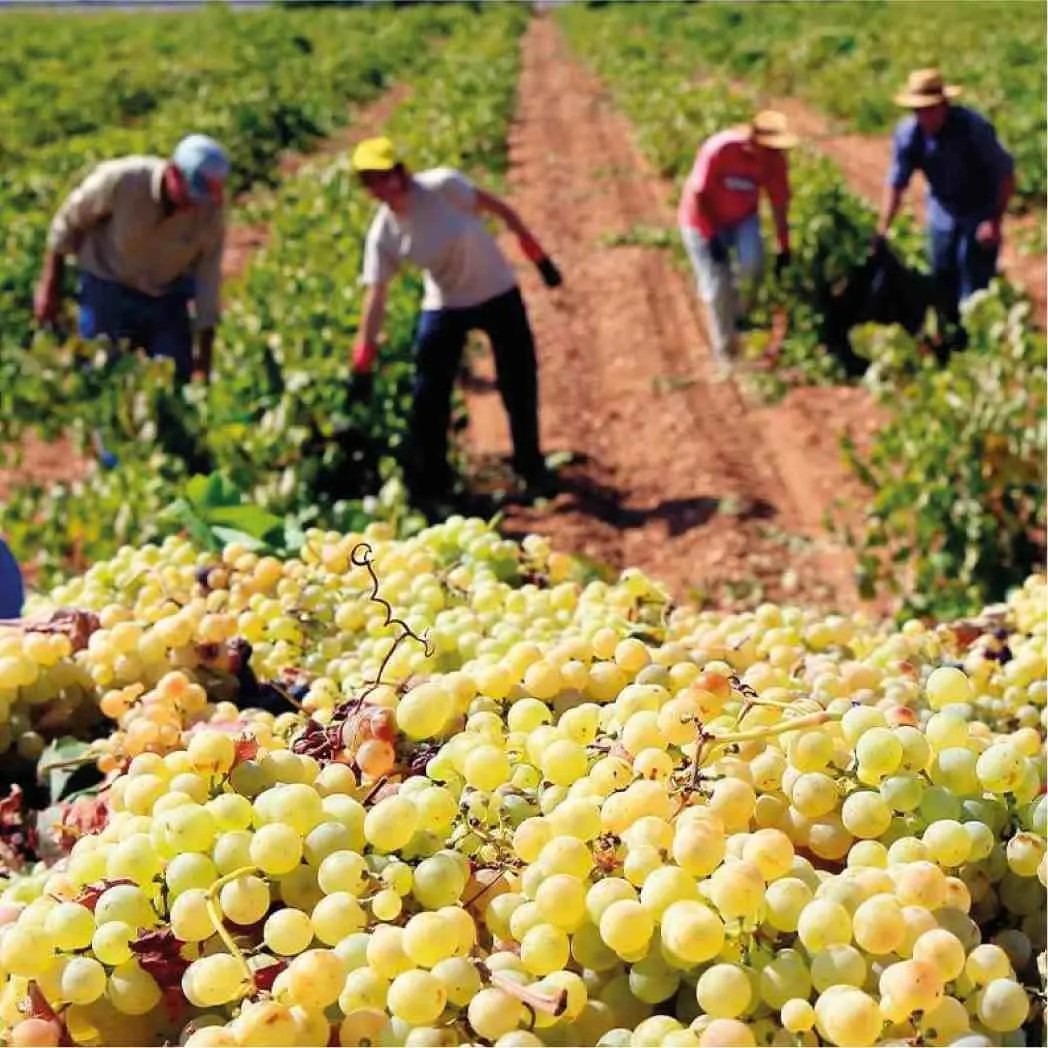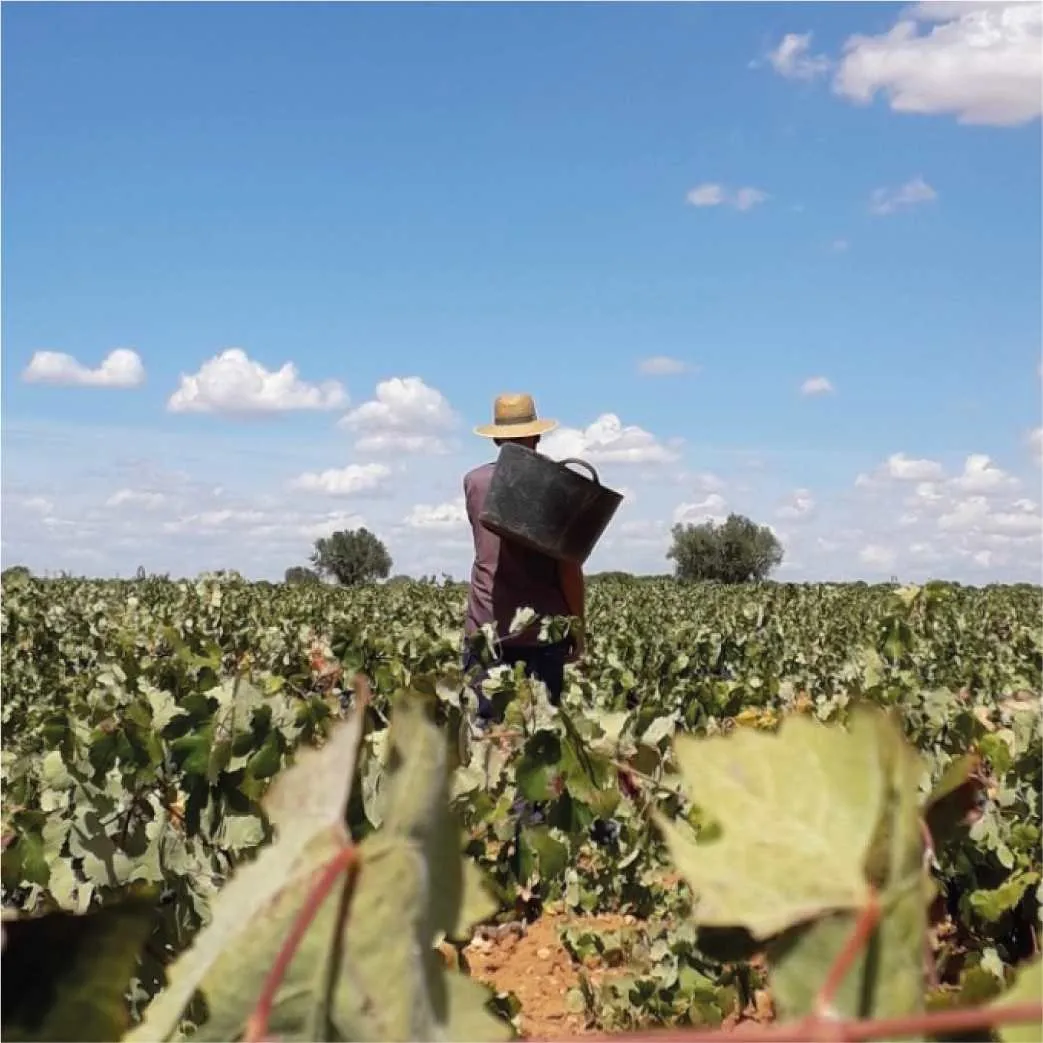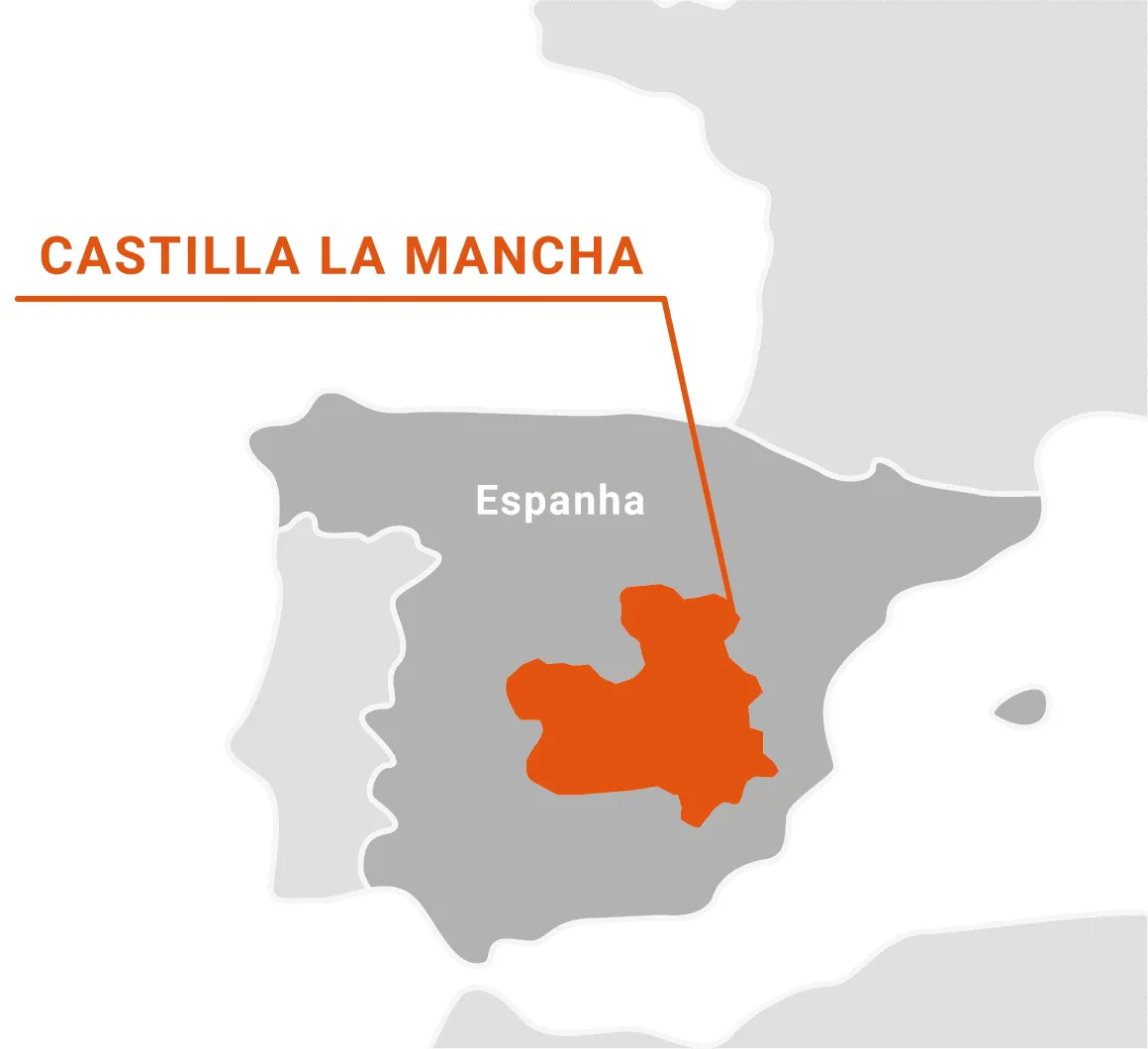Castilla La Mancha is one of the main wine-producing regions in Spain, and the largest wine-growing area in the world. As it receives little rainfall, the vines are planted far apart from each other, up to 8 meters apart, so that they can ensure that the soil is moist. This wonderful land with a Mediterranean climate, with various features ranging from semi-arid to humid, is where the greatest character in the Spanish language comes from, Don Quixote, written by Miguel de Cervantes.
Les Vignobles De Demain
Trovati, Pinot Grigio Vigneti delle Dolomiti IGT
Trovati, Pinot Grigio Vigneti delle Dolomiti IGT
Couldn't load pickup availability
Fresh, young and full of fruit! Refresh yourself with this lovely rosé from the famous Campos Reales winery.
Here, the elegant Petit Verdot takes center stage. Canfo rosé is a refreshing wine with a rich palate and a clean, pleasant finish. It is vegan-friendly, meaning no animal products were used in the production of this wine. Throw it in your picnic basket and enjoy it outdoors on warmer days with friends!
Visual: Raspberry pink color, bright and clean.
Smell: Clean and persistent aromas, reminiscent of fruits such as raspberries and fresh cherries and citrus.
Palate: In the mouth it is smooth, balanced and persistent, with a long and juicy finish.
Harmonization: Salads, snacks, soft and creamy cheeses, fish, seafood, vegetables and rice dishes.
Castile La Mancha
Spain
